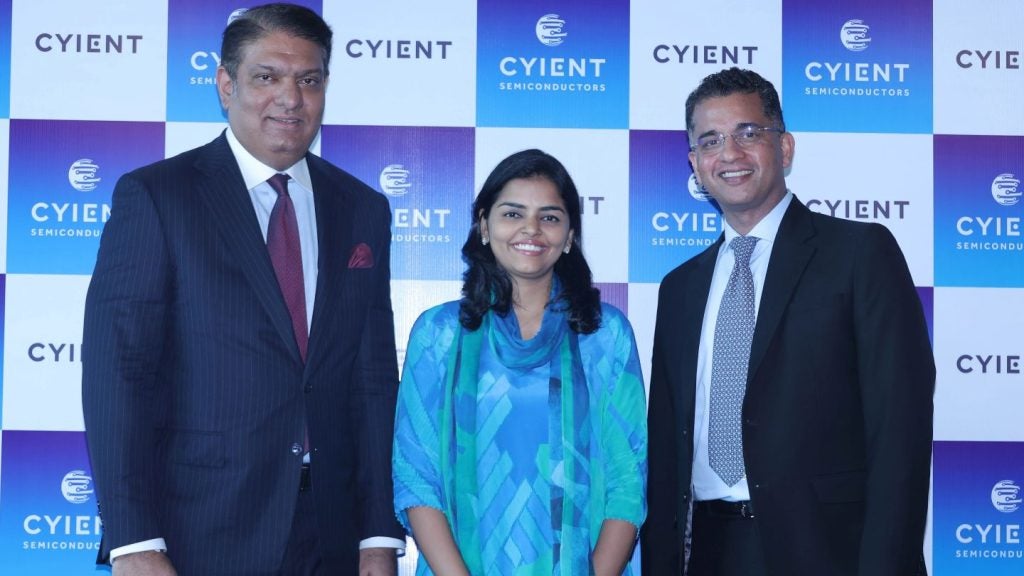
Meta Platforms has formed a partnership with film director James Cameron’s technology venture, Lightstorm Vision, to advance mixed reality (MR) content creation.
The collaboration focuses on developing 3D entertainment, including live sports, concerts, and TV series, for the Meta Quest MR headset, which will serve as Lightstorm Vision’s exclusive MR hardware platform.
Through this partnership, Meta aims to enhance media production and improve content creators’ ability to produce “high-quality” stereoscopic content.
This will be achieved by utilising advanced tools, including artificial intelligence.
Meta stated: “Our goal is to make top-tier 3D content more accessible—both for creators to produce and for people to enjoy at home and on the go.”
Cameron added: “Announcing a comprehensive, multi-year partnership with Meta to revolutionise ALL visual media.
“Recently, Boz [Andrew Bosworth, Meta CTO and head of Reality Labs] showed me some of Meta’s advanced tech. I was amazed by its transformational potential and power, and what it means for content creators globally. I am convinced we are at a true, historic inflection point.”
Meta and Lightstorm Vision plan to co-produce original content and harness Lightstorm Vision’s technology to transform stereoscopic media creation.
In September 2024, Meta introduced the Meta Quest 3S mixed reality headset at the Meta Connect event in Menlo Park, California.
The Quest 3S features a Qualcomm Snapdragon XR2 Gen2 processor, 8 GB of RAM, two RGB cameras for colour passthrough, four VGA cameras for hand and control tracking, and 2.5 hours of battery life.
Since acquiring Oculus in 2014, the tech giant has invested more than $65bn in hardware initiatives.
However, its Reality Labs division, focused on virtual reality (VR), augmented reality (AR), and immersive technologies, is facing financial challenges due to hardware R&D, funding exclusive titles, and subsidising headset costs.
The company’s substantial investment in VR and AR is driven by Mark Zuckerberg’s belief in the potential of these technologies to eventually lead to the development of sleek, transparent glasses.
In October, Meta collaborated with Blumhouse, a Hollywood company known for horror films, to test its generative AI video model, Movie Gen.
This partnership explores Movie Gen’s capabilities, which include creating custom videos and sounds from text inputs.
Movie Gen can generate 1080p HD videos with audio, offering filmmakers a new tool to express their creative visions.







